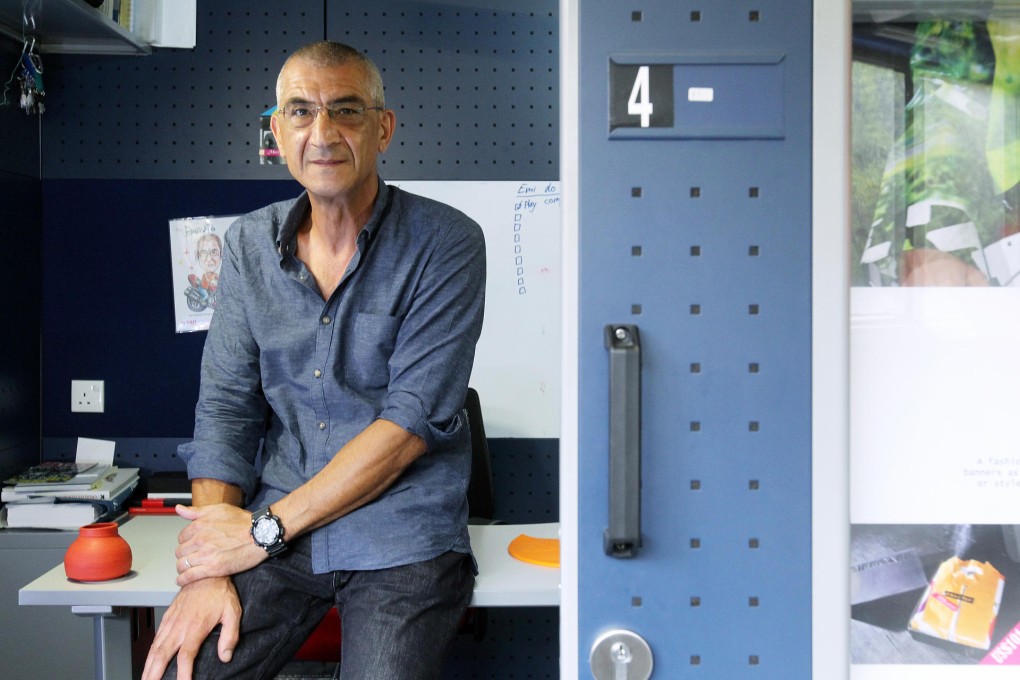PolyU spinoff SDWorks helps students market their own designs
PolyU spinoff SDWorks offers up-and-coming designers an opportunity to profit from their own work instead of competing for an entry-level job

The real world can be a letdown for design students. After three years of creating their own products and concepts at school, they enter the job market only to find entry-level drudgery.
"We saw many of them go to work for companies, working every day for 10 or 11 hours and only earning HK$10,000 [a month]," says Ernesto Spiccio- lato, a senior teaching fellow at the Polytechnic University of Hong Kong's school of design. "Hong Kong is not that big, so the market is saturated. It's very competitive to find jobs."
What students needed was enterprise, Spicciolato realised. So instead of helping them find jobs with established design firms, he encouraged them to make their own work. "I saw our students making many products that could be commercialised, so I thought, 'Why let them die?'" he says. That was the inspiration for SDWorks, a programme that helps PolyU students bring their best designs to market. "[The school] gave me HK$20,000 to start," says Spicciolato. "They said, 'This is it - if your account remains positive, you stay open. If not, you close'."
Five years later, SDWorks is still in the black, with a roster of around 20 products designed by current and former PolyU students. SDWorks covers the production costs and shares intellectual property rights with the students, who receive a 7 per cent royalty on products sold directly through SDWorks' website. Spicciolato says the two best-selling products are a series of delicate sheet metal bookmarks designed by 2008 BA graduate Irene Kwong, which are inspired by traditional Chinese paper-cutting, and a necklace in the shape of a roast duck designed by Cindy Yu, who also graduated from the undergraduate design programme in 2008.
SDWorks' latest brand, Pomch, is a series of bags designed by 2011 graduates Jeffrey Leung and Felix Tai and released this year. "Pomch is named after the sound of the machine that makes the bags," said Leung. Each bag is made from black polyurethane and stamped with the three-dimensional imprint of a tool like a wrench or pliers. "It was inspired by industrial elements," says Tai. "The idea for our first wallet came from a door hinge."
Industry is one advantage Hong Kong designers have over those in other countries. "It's easy to put things into production with China so close," said Spicciolato. What's more difficult is setting up and marketing a brand, especially with so few points of sale for local design. In 2011, Spicciolato set up a course at PolyU called Design Direct that gives students the opportunity to develop their own brand of products.